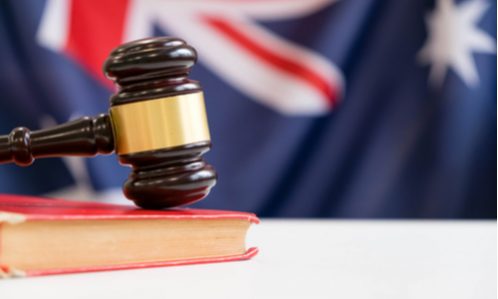Greater transparency about license fees and royalties is a condition of the Australian Competition and Consumer Commission (ACCC) reauthorizing the Australasian Performing Right Association’s (APRA) musical works licensing arrangements for a further four years.
APRA and its members, including composers, songwriters, and publishers, hold performing rights for almost all commercially popular music played or performed in Australia, and earn royalties from those rights. In most cases, members assign these rights on an exclusive basis to APRA, which collects royalties by imposing licence fees on users of that music.
For many businesses that play music, including most retailers, cafes, bars and broadcasters, their only option is to obtain and pay for a licence from APRA. The fees from these licences are distributed by APRA to its members.
“Collective management of copyright is generally more efficient than songwriters having to independently negotiate and collect royalties directly from each business that plays their songs,” ACCC Deputy Chair Mick Keogh said.
“However, APRA’s exclusivity provisions can mean higher fees for some businesses that want to play music.”
Key issues raised in submissions to the ACCC’s consultations included concerns about the license fees APRA charges. Respondents were also concerned about APRA’s lack of transparency and accountability, both to its songwriter members and to businesses from which it collects license fees.
“The ACCC is granting reauthorizing with a number of conditions to limit APRA’s market power and help protect songwriters and small businesses when dealing with APRA,” Mr Keogh said.
Want more news? Subscribe to CPI’s free daily newsletter for more headlines and updates on antitrust developments around the world.

